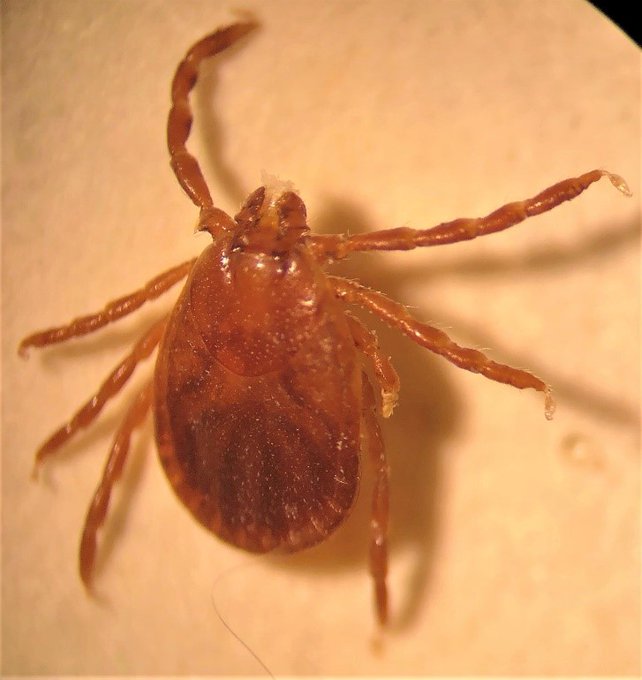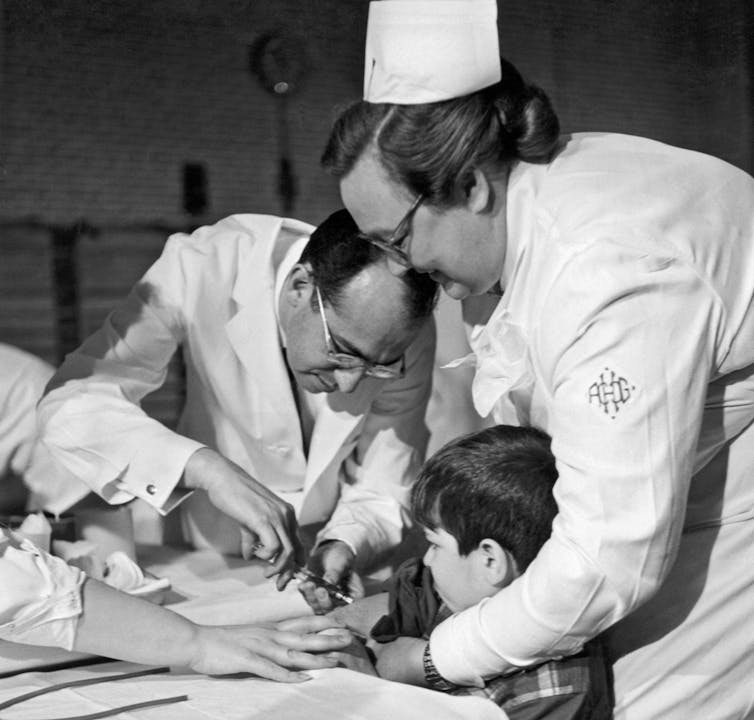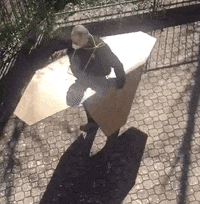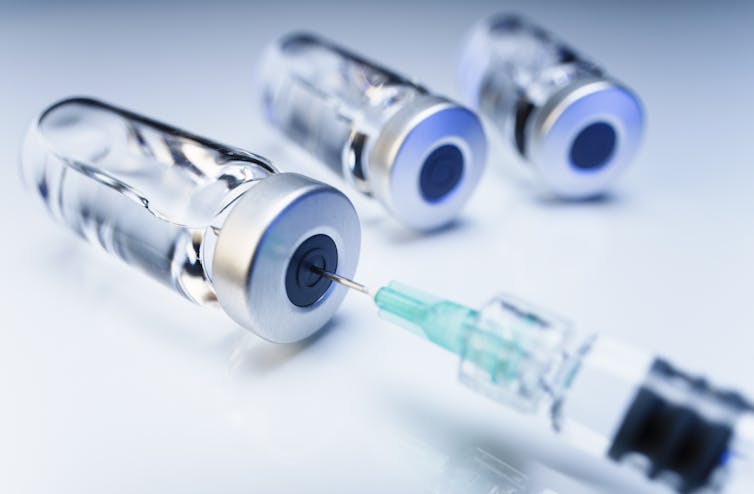CCA spokes-troll makes baseless charges
By
Frank Glista
This article ran as a Letter to the Editor to the Chariho Times and is re-printed with the permission of the author.
In recent
editions of the Westerly Sun and Chariho Times, Michael Chambers wrote his
usual hate filled letter against anyone or anything that disagrees with his
beloved Charlestown Citizens Alliance (CCA).
In his attempt to revise Charlestown’s
history, he uses the Federal Railroad Administration’s (FRA) July 2017 list of
individuals who responded to the proposed Northeast Corridor RailInvestment. In his tirade, he states that Charlestown Residents United
(CRU) did nothing to stop the rail project.
I can hear him shout from atop the
Moraine Preserve (another CCA “pay to play” deal), “CRU did nothing to help
stop FRA.”
Now, here’s where his temper tantrum
gets de-railed.......CRU didn’t exist in July of 2017 when the list was
published. They formed on February 27, 2018, approximately 7 months
later. Anyone feeling a little foolish right now?
Sending letters to FRA was not the only
way for people to respond. Many may have called or emailed their state or
federal elected officials. Some may have been donors to a political
campaign and used that as leverage to be heard. But let’s, for a moment,
use the list that Chambers is so proud of and see what we can see.
Hmmm,
this is interesting; it appears that some of the CCA candidates running for
office didn’t respond to the feedback list...NOT ONE! CCA Town Council
Candidates, Sheila Andrew didn’t respond, Cody Clarkin didn’t respond, Susan
Cooper didn’t respond and incumbent David Wilkinson didn’t respond. CCA
Planning Commission Candidate, Walter “Peter” Mahony didn’t respond and
Chambers buddy Ronald Areglado, CCA Candidate for Town Moderator, didn’t
respond either.
Here’s another little tidbit. The
CCA was aware of the Federal Railroad Administration’s proposal a year before
they did anything about it. On January 10, 2017, former CAA Town Council
President Thomas Gentz, admitted that he knew about it back in November
2015. So if he knew about it, so did the other council members including
incumbent candidate Bonnie Van Slyke. Read the Town Council Minutes of 01/10/17
or watch the video (at the 49:30 min. mark) before the CCA has it removed from
the public view.
So once again, the lack of transparency
from our CCA controlled government speaks volumes about their inability to run
our town. First they didn’t know about it, and then they did. Not
only did they waste over a year of precious time that the citizens of
Charlestown could have reacted to the FRA proposal, they had also caused
extreme mental and physical stress to our neighbors.
Remember this when you cast your ballot.

































